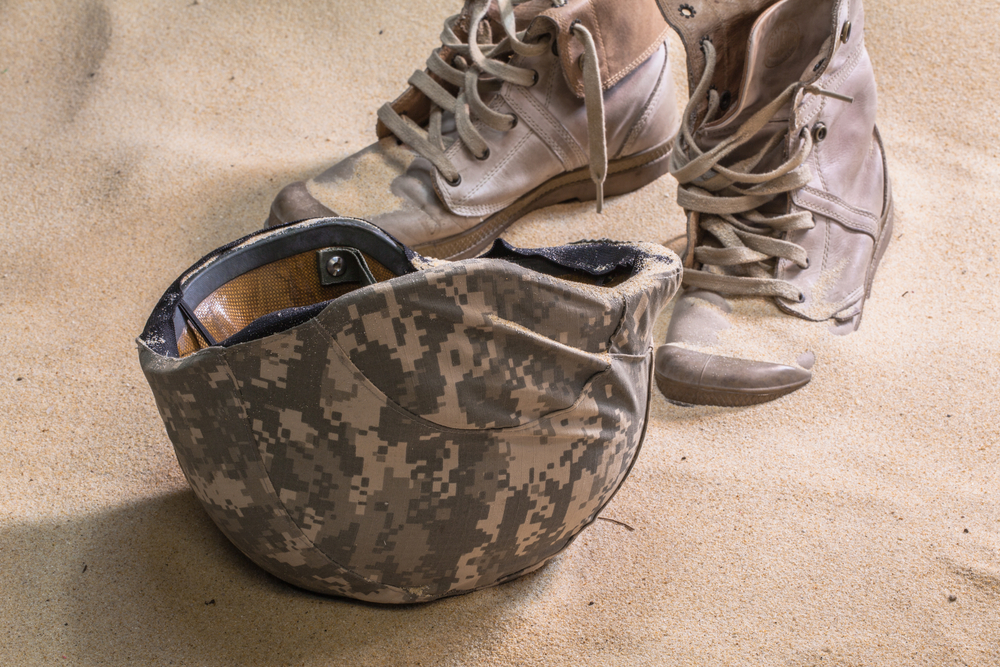
The U.S. Department of Defense (DoD) would have a greater capacity to track and prevent exposure to blasts that can leave service members with traumatic brain injury (TBI) under a bipartisan bill introduced in the U.S. Senate on Friday.
Introduced by U.S. Reps. Joni Ernst (R-IA) and Elizabeth Warren (D-MA), the Blast Exposure and Brain Injury Prevention Act of 2018 would advance research and development into therapies for TBI and post-traumatic stress disorder. The bill would also require the DoD to review and update current guidance on exposure to blasts during training and to establish a research and development program to make personal protective equipment more effective.
“TBI is a nearly invisible, yet very serious physical trauma with long-term effects that has become prevalent among hundreds of thousands of servicemembers in recent years,” Ernst, a combat veteran, said. “As a grateful nation, it is our job to ensure the safety and health of our men and women in uniform as they defend our country. The Blast Exposure and Brain Injury Prevention Act addresses the serious threat posed by TBI in combat and in training, and will provide the Department of Defense with greater guidance to treat, but most importantly prevent, TBI.”
Recent research has found that TBI can result from blast waves generated by minor explosions even though there are no physical signs of head injury. In addition to causing damage by moving the brain inside the skull, blast overpressure has been found to harm the brain at the subcellular level.
“America owes our brave men and women in uniform the very best care we can give them,” Warren said. “We know that many service members exposed to blasts during combat and training later experience long-term brain injury. We need to better understand how to prevent and treat blast exposure in order to give our service members the care they need and deserve.”




